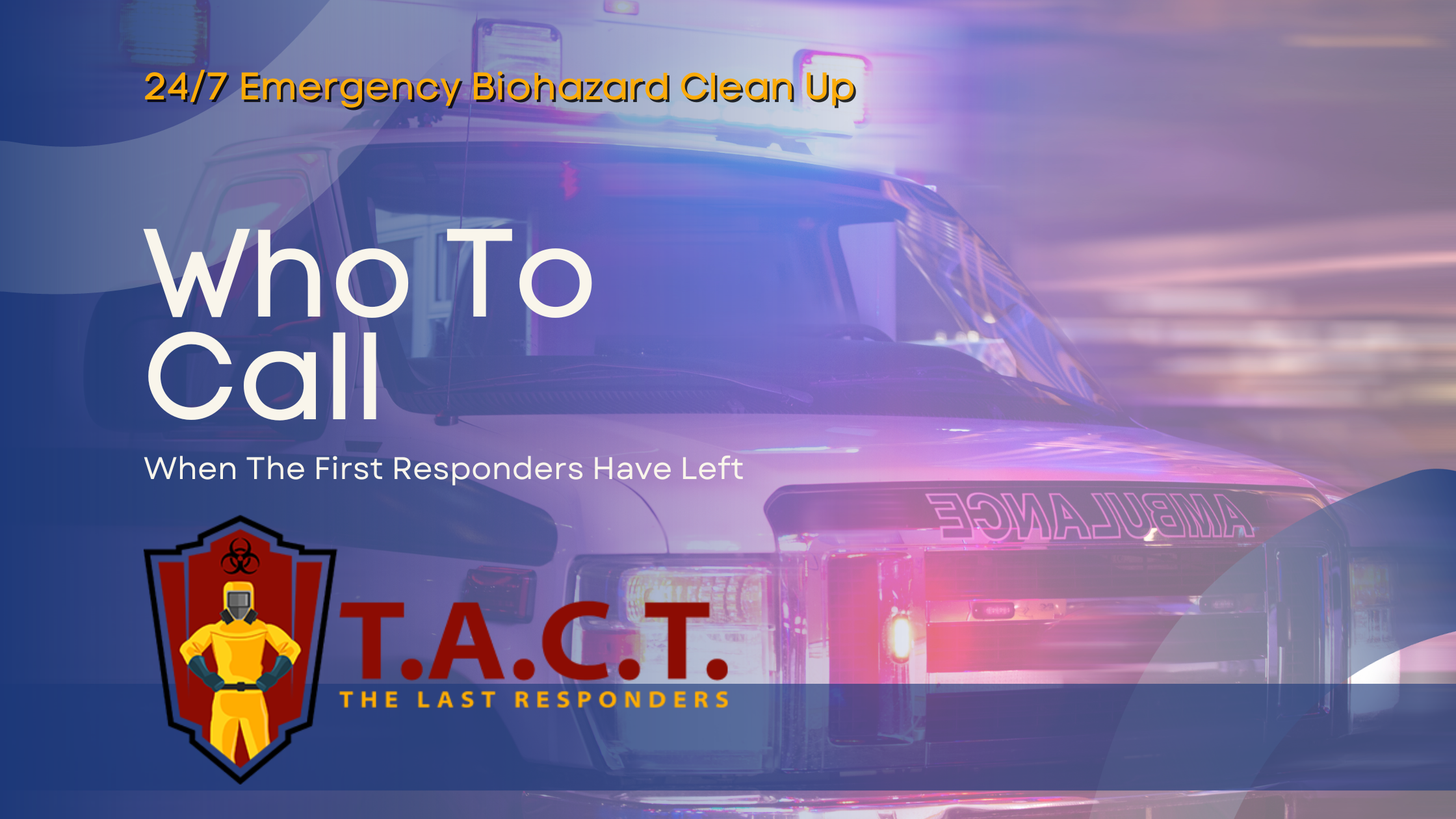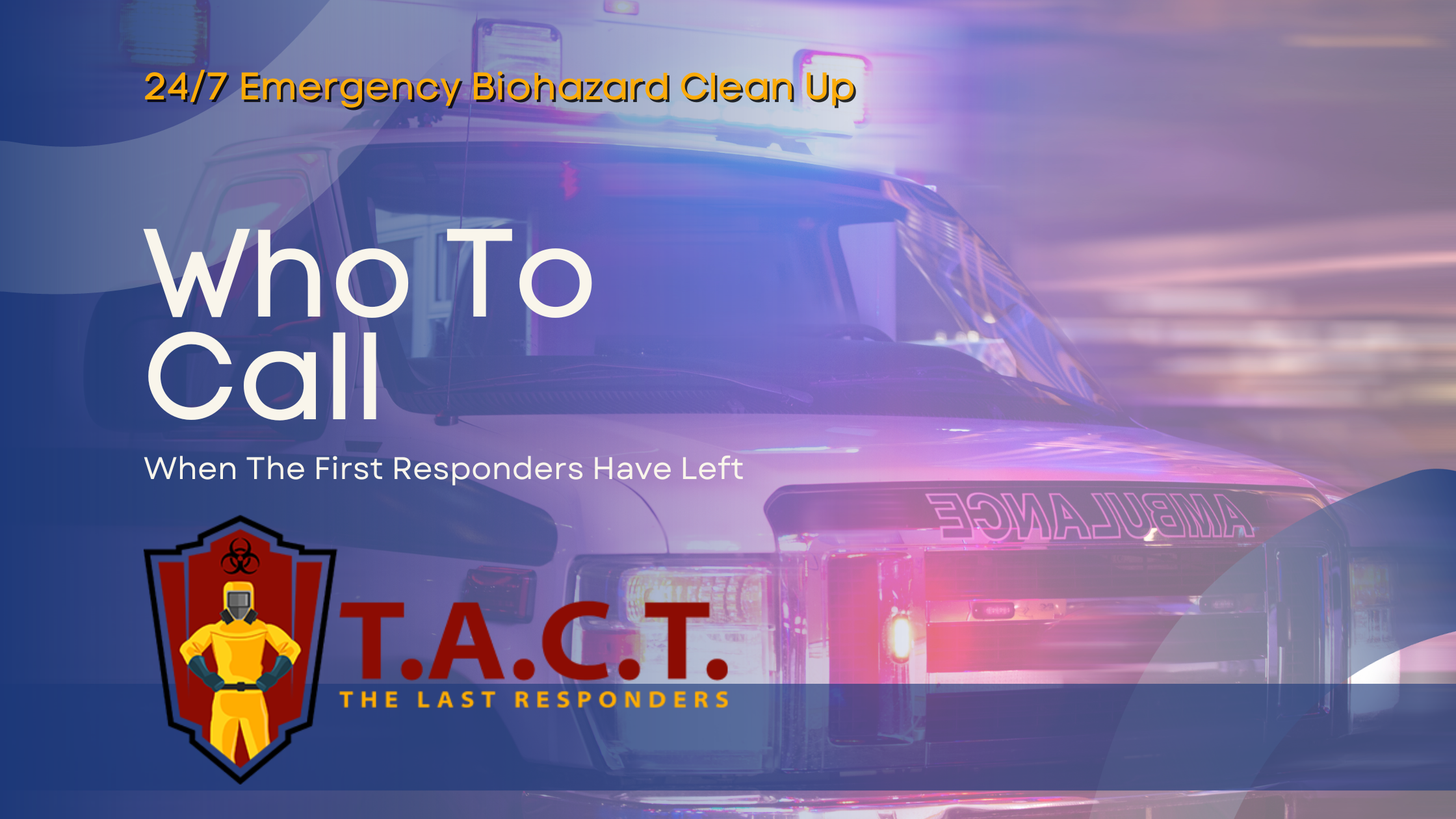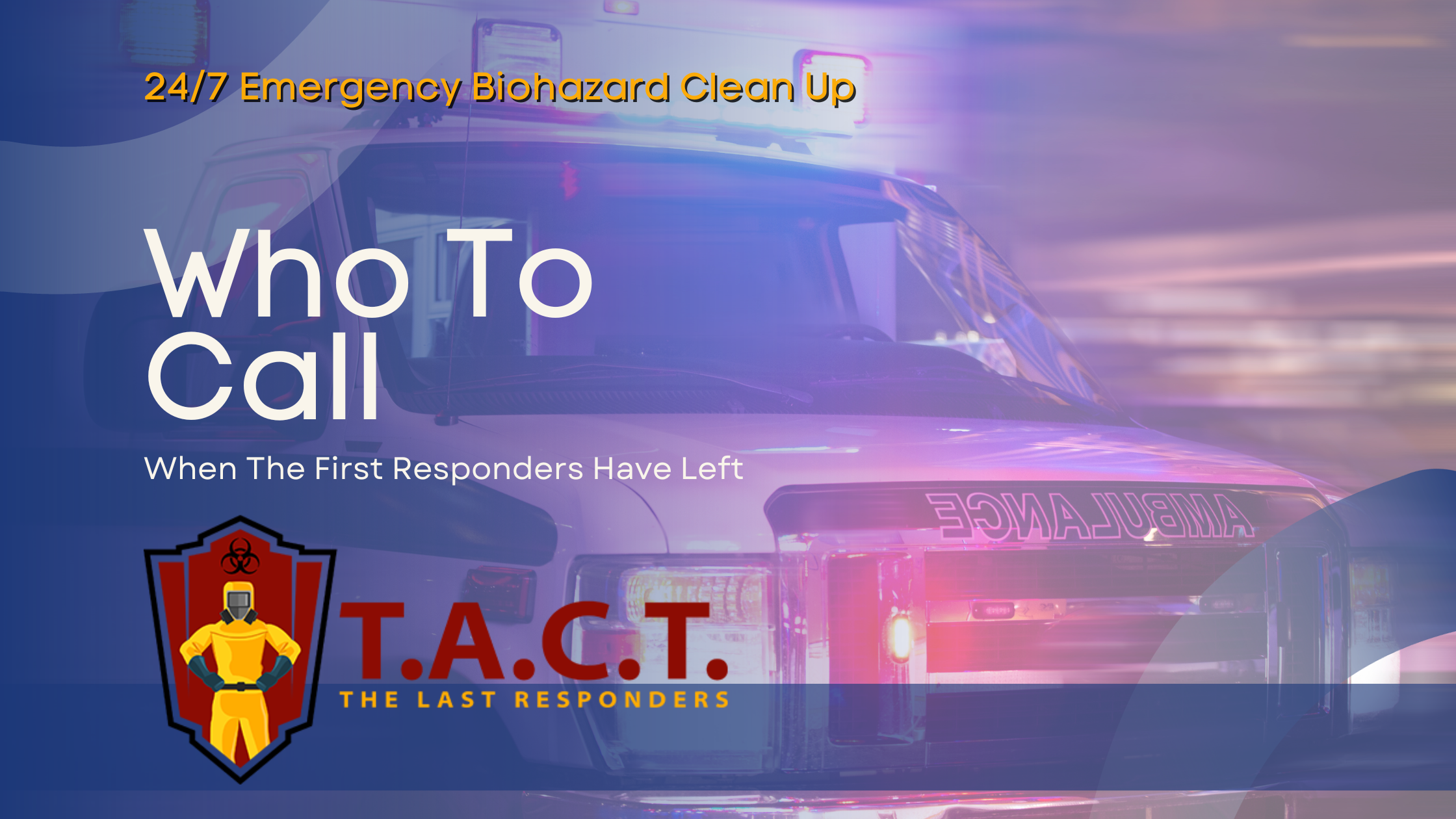A comprehensive guide to Post - Loss property restoration house clean after death
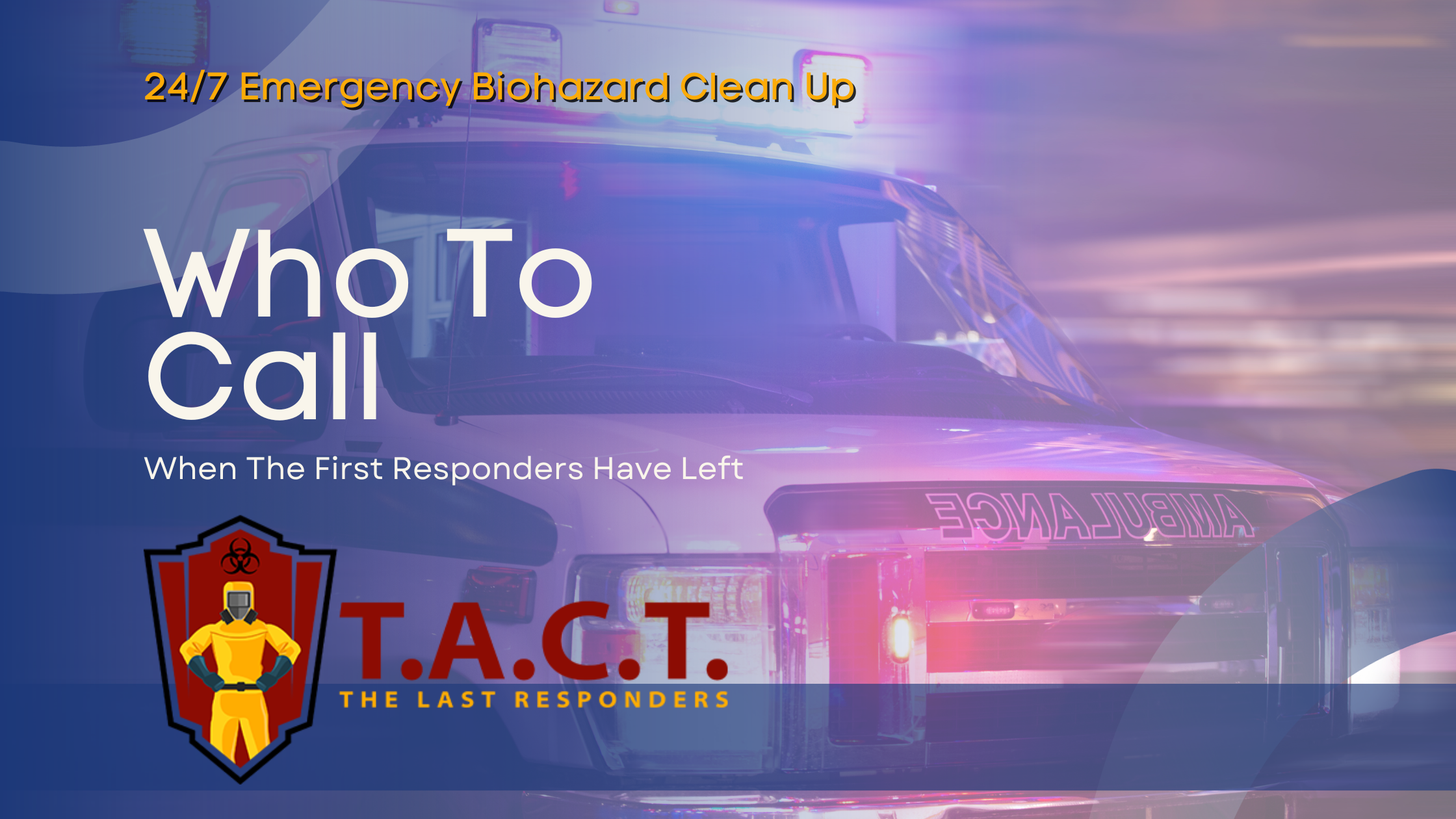
House Clean After Death: A Comprehensive Guide to Post-Loss Property Restoration
When a loved one passes away, families face numerous challenges beyond grief. Among these difficult tasks is the need to clean and restore the property where the death occurred. House clean after death services provide essential support during these overwhelming times, offering both practical solutions and compassionate care when families need it most.
The death cleanup process involves much more than standard cleaning. Depending on the circumstances surrounding the death, families may need specialized biohazard remediation, trauma cleanup, or comprehensive estate cleanout services. Understanding these options and knowing when to seek professional help can protect both your family’s health and emotional wellbeing during an already challenging period.
This comprehensive guide will walk you through everything you need to know about death cleaning services, from identifying the right type of service for your situation to choosing a qualified company that can handle the task with the respect and expertise your loved one’s home deserves.
What is House Cleaning After Death?
House cleaning after death involves professional restoration of homes where a loved one has passed away. This specialized service goes far beyond typical residential cleaning, encompassing everything from gentle sanitizing of surfaces to complex biohazard remediation depending on the specific circumstances of the death.
Professional death cleanup service teams understand that each situation requires a unique approach. When someone dies peacefully in their sleep, the cleaning needs differ dramatically from cases involving unattended death or traumatic circumstances. These compassionate teams are trained to handle both the technical aspects of restoration and the emotional sensitivities that arise when working in a loved one’s home.
The primary goal of death cleaning services is to restore safety, cleanliness, and comfort while respecting the emotional needs of families. Most people find that professional help allows them to focus on healing and making important decisions rather than dealing with the overwhelming task of cleanup. These services ensure that hazardous materials are properly removed, surfaces are thoroughly sanitized, and the space is restored to a safe, livable condition.
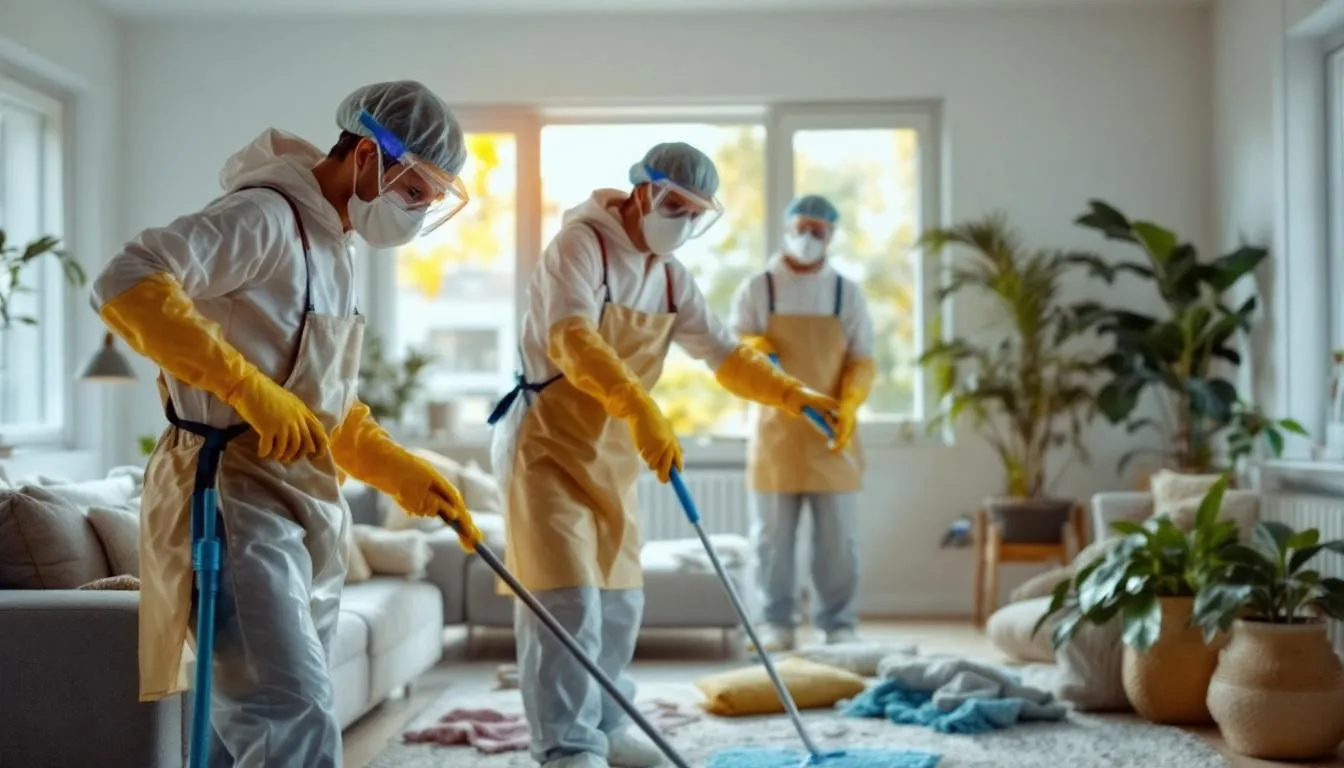
Professional teams bring specialized equipment and expertise that family members typically lack. They understand how to properly handle bloodborne pathogens, eliminate odors, and dispose of contaminated materials according to strict safety regulations. This expertise becomes crucial when dealing with situations that pose health risks to untrained individuals.
Types of Post-Death Cleaning Services
Understanding the different types of death cleanup services helps families make informed decisions about what level of professional assistance they need. The circumstances surrounding a death determine which services are most appropriate and necessary for safe property restoration.
Standard bereavement cleaning applies to natural deaths that occurred in hospitals or hospice care settings, where the body was discovered promptly and removed by medical professionals. Estate cleanout services focus on removing belongings and preparing the property for sale or transfer to new owners.
More complex situations require specialized biohazard cleanup for unattended deaths involving decomposition and bodily fluids, or trauma scene restoration for violent deaths, suicides, or accidents. Each category demands different levels of training, equipment, and safety protocols.
Biohazard and Trauma Cleanup
Biohazard and trauma cleanup represents the most technically demanding category of death cleaning services. Trained professionals in this field must remove bloodborne pathogens, bacteria, viruses, and decomposition materials that pose serious health risks to anyone without proper protection and training.
These situations typically arise from unattended death cases where decomposition has begun, crime scene scenarios, or suicides where bodily fluids are present. The cleanup team uses hospital-grade disinfectants and specialized equipment to ensure thorough decontamination of all affected surfaces and materials.
OSHA and CDC guidelines govern the proper handling of hazardous biological materials during these cleanups. Workers must wear protective gear including hazmat suits, respirators, and specialized gloves to prevent exposure to dangerous pathogens. The process often involves removing and properly disposing of contaminated materials like carpeting, furniture, and even portions of walls or flooring.
Crime scene cleanup and trauma cleanup services follow strict protocols to prevent cross-contamination. Teams use negative air machines to prevent airborne contaminants from spreading to other areas of the property, and they carefully contain the affected space during the cleaning process.
The cost for this level of service typically ranges from $1,800 to $5,000, though extensive contamination can lead to higher expenses. Many homeowner’s insurance policies provide coverage for biohazard cleanup under specific circumstances, particularly when the death resulted from a covered peril.
Compassionate Standard Cleaning
Compassionate standard cleaning focuses on restoring comfort and cleanliness without the intensive biohazard protocols required for traumatic deaths. This service typically applies when a loved one passed away naturally and their body was removed promptly by medical professionals or funeral directors.
The cleaning process includes deep cleaning and sanitizing of all surfaces, with special attention to high-touch areas like door handles, light switches, and bathroom fixtures. Teams carefully remove medical equipment, medications, and personal care items that may pose safety risks or cause emotional distress to family members.
Air purification and odor elimination help refresh the living environment without erasing the sense of home that brings comfort to grieving families. Professional cleaners use gentle but effective products to eliminate any medicinal or other odors while preserving the familiar scents that hold sentimental value.
During this process, teams work closely with family members to organize personal belongings with appropriate input and approval. The focus remains on restoring comfort and cleanliness while respecting the emotional significance of the space and the items within it.
When to Call Professional Death Cleanup Services
Timing plays a crucial role in determining when to contact professional death cleanup services. The decision should be made immediately after law enforcement and coroners complete their investigation and officially release the scene to the family.
For unattended deaths, families should contact professionals within 24-48 hours to prevent further decomposition damage. Decomposition begins rapidly in certain conditions, and delayed cleanup can lead to more extensive contamination requiring costlier remediation. The surrounding area can become increasingly affected as time passes, making the restoration process more complex.
Family members should request professional help when they lack the emotional capacity or physical ability to handle cleanup tasks safely. Grief can impair judgment and decision-making abilities, making it dangerous for loved ones to attempt cleanup of potentially hazardous scenes.
Any situation involving biohazards like blood, bodily fluids, or infectious materials requires immediate professional intervention. These substances can transmit serious diseases including hepatitis B, hepatitis C, and HIV through improper exposure. Most people lack the training and equipment necessary to safely handle such materials.
Before attempting any cleaning, families should consult with professionals to avoid health risks and potential legal issues. Some cleanup activities may inadvertently destroy evidence or violate regulations governing the disposal of medical waste or biohazardous materials.
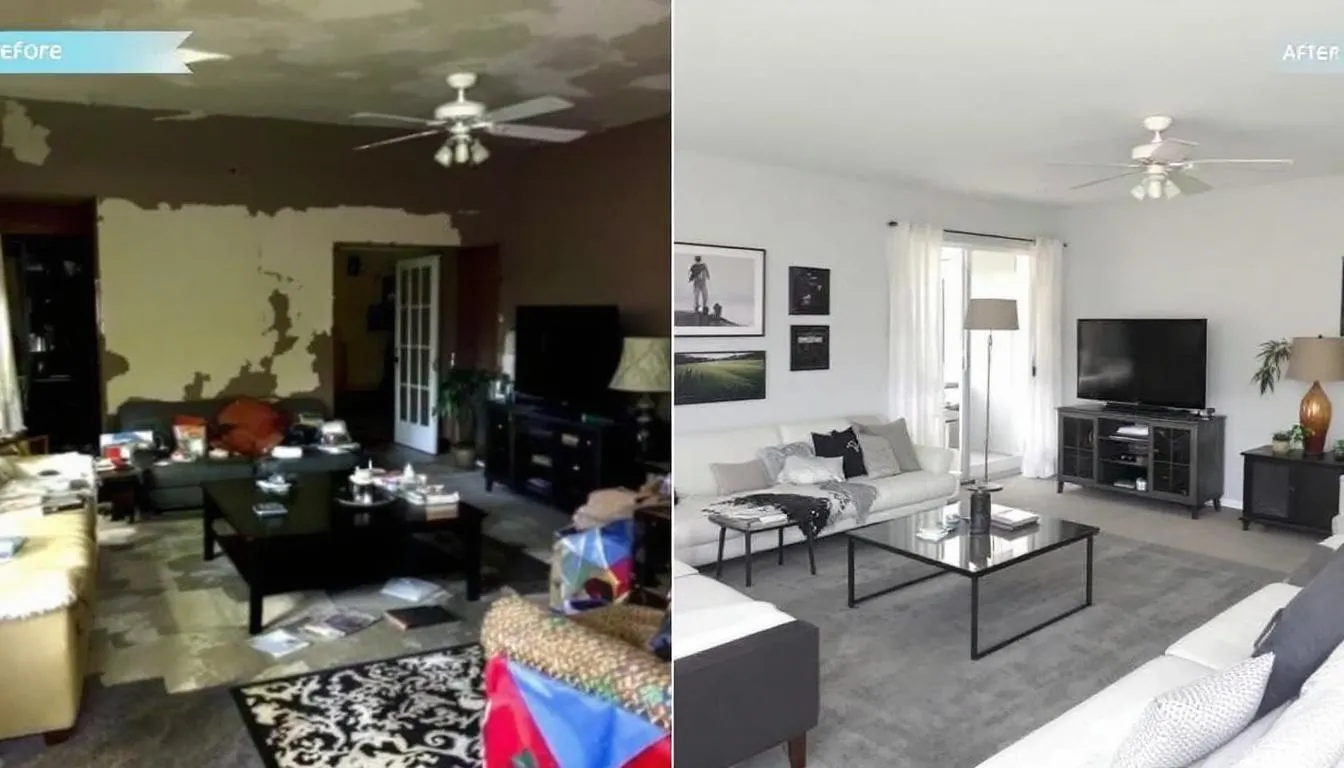
The Professional Cleanup Process
The professional death cleanup process follows a systematic approach designed to ensure thorough restoration while maintaining safety throughout every step. Understanding this process helps families know what to expect and how long the restoration might take.
Initial assessment and scene evaluation allow technicians to determine the scope of work and identify specific safety requirements for the job. During this phase, professionals document the extent of contamination and develop a detailed plan for safe, complete restoration.
Area containment and isolation prevent biohazard spread during cleaning operations. Teams use plastic sheeting and negative air pressure systems to create controlled work zones that protect unaffected areas of the property from cross-contamination.
The removal phase involves carefully extracting contaminated porous materials like carpeting, furniture, and drywall that cannot be adequately sanitized. These materials require special handling and disposal as regulated medical waste, following strict federal and state guidelines.
Thorough disinfection using EPA-approved chemicals and hospital-grade sanitizers eliminates remaining pathogens and contaminants. This process may require multiple applications and extended contact times to ensure complete decontamination of all surfaces.
Air filtration and deodorization eliminate odors and airborne contaminants that can linger long after visible contamination is removed. Professional-grade equipment like ozone generators and HEPA filtration systems restore air quality to safe levels.
Final inspection and verification ensure complete restoration and safety before the team considers the job finished. Many companies provide documentation of their work for insurance purposes and to give families confidence in the thoroughness of the cleanup.
Choosing the Right Death Cleanup Company
Selecting a qualified death cleanup company requires careful attention to credentials, experience, and approach to customer service. The right company combines technical expertise with compassionate service during one of the most difficult times in a family’s life.
Verify that any company you consider has proper licensing, insurance coverage, and medical waste transporter permits required in your state. These credentials ensure the business operates legally and can properly handle and dispose of biohazardous materials according to regulations.
Look for companies offering 24/7 availability and rapid response times for emergency situations. Death cleanup often cannot wait for regular business hours, and prompt response can prevent additional damage and health risks.
Ensure technicians have specialized training in biohazard cleanup and trauma restoration beyond basic cleaning certification. Ask about ongoing education and industry certifications that demonstrate commitment to professional standards and safety protocols.
Choose companies with compassionate staff experienced in grief-sensitive communication. The team should understand how to work respectfully around family members and show appropriate sensitivity to the emotional aspects of their work.
Check that the company follows proper disposal protocols and maintains compliance with federal and state regulations governing medical waste. Request references and verify Better Business Bureau ratings to ensure reliability and professional conduct.
Cost Considerations and Insurance Coverage
Understanding the financial aspects of death cleanup services helps families budget appropriately and explore available coverage options. Costs vary significantly based on the circumstances of the death and the extent of cleaning required.
Basic house cleaning after natural death typically costs between $200 and $800, depending on the size of the home and the level of deep cleaning needed. This range covers standard sanitizing, odor elimination, and organization of personal belongings without biohazard protocols.
Biohazard cleanup ranges from $1,800 to $5,000 or more for extensive contamination requiring specialized equipment and disposal procedures. Factors affecting cost include the size of the affected area, the type of contamination present, and the difficulty of accessing contaminated spaces.
Homeowner’s insurance may cover trauma cleanup under certain policy conditions, particularly when the death resulted from a covered peril like fire or violence. However, coverage varies widely between insurers and policies, making it important to review your specific coverage details.
Crime victim compensation funds sometimes assist with cleanup costs for violent deaths, providing financial relief for families affected by criminal acts. These programs vary by state and may have specific eligibility requirements and application deadlines.
Property owners are generally responsible for cleanup expenses regardless of the circumstances surrounding the death. This responsibility applies whether the property is owner-occupied, rental property, or part of an estate being settled.
Service Type | Typical Cost Range | Insurance Coverage |
|---|---|---|
Basic cleaning after natural death | $200 - $800 | Rarely covered |
Standard estate cleanout | $500 - $2,000 | Usually not covered |
Biohazard/trauma cleanup | $1,800 - $5,000+ | Sometimes covered |
Extensive remediation | $5,000 - $15,000+ | Case-by-case basis |
What to Expect During the Cleanup Process
Professional death cleanup teams prioritize discretion and sensitivity throughout their work. Most companies arrive in unmarked vehicles to protect family privacy and avoid drawing unwanted attention from neighbors or passersby.
Cleanup duration varies significantly based on the situation. Standard cleaning typically takes 2-4 hours for average-sized homes, while extensive biohazard work can require several days to complete thoroughly. Teams work efficiently while maintaining attention to detail and safety standards.
Communication remains clear and ongoing throughout the process regarding what items can be salvaged versus those requiring disposal. Professionals understand the sentimental value of personal belongings and make every effort to preserve items that are important to the family.
Documentation and photos for insurance claims are provided when applicable, helping families navigate the often complex process of filing claims and receiving compensation for covered services.
Follow-up services ensure complete satisfaction and address any remaining concerns after the initial cleanup is complete. Many companies offer guarantees on their work and will return to address any issues that arise after the job is finished.
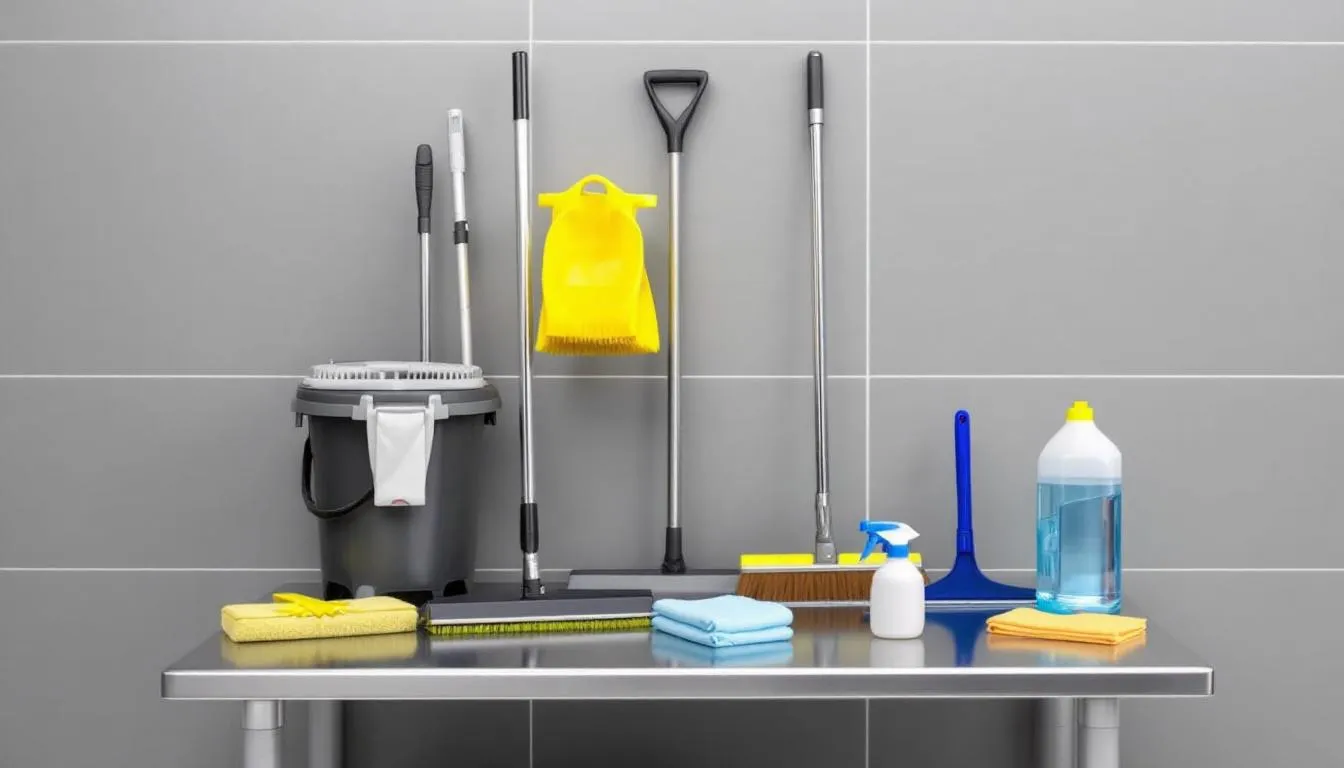
Safety Precautions and Health Risks
Family members should never attempt cleanup of unattended deaths or trauma scenes without proper training and equipment. The health risks associated with exposure to biological contaminants can have serious, long-lasting consequences for untrained individuals.
Bloodborne pathogens present in bodily fluids can transmit hepatitis B, hepatitis C, and HIV through direct contact with broken skin or mucous membranes. These diseases can remain viable in dried blood and other fluids for extended periods, making professional handling essential.
Decomposition creates dangerous bacteria, fungi, and toxic gases that require specialized handling and protective equipment. The process produces ammonia, methane, and hydrogen sulfide gases that can cause respiratory problems and other health issues.
Improper cleaning attempts can actually spread contamination to other areas of the property, creating larger problems and increased health risks. Without proper containment protocols, well-meaning family members may inadvertently worsen the situation.
Professional equipment includes respirators, protective suits, and specialized cleaning tools designed specifically for biohazard situations. This equipment is expensive and requires training to use effectively, making professional service the safer choice.
Supporting Families Through the Process
Professional death cleanup teams understand that their work extends beyond technical cleaning to include emotional support during difficult times. These compassionate teams provide grief-sensitive communication and emotional support while maintaining the highest standards of professional service.
Services often coordinate with funeral homes, attorneys, and other professionals as needed to streamline the process for grieving families. This coordination reduces the burden on family members who may be overwhelmed by the number of decisions and arrangements required after a death.
Flexible scheduling accommodates family needs and religious or cultural considerations that may affect timing or specific requirements for the cleanup process. Professional teams respect these important considerations while maintaining the urgency required for health and safety.
Throughout the cleaning process, teams show appropriate respect for personal belongings and items of sentimental value. They understand that these possessions represent important memories and connections to the deceased, handling them with care and sensitivity.
Many companies provide connections to additional resources like grief counseling and bereavement support groups, recognizing that families need support beyond the physical restoration of the property. This holistic approach acknowledges the emotional healing process that accompanies the practical aspects of cleanup.
The presence of a professional, compassionate team can provide comfort to families knowing that their loved one’s home is being treated with dignity and respect. This peace of mind allows families to focus on their grief and healing rather than worrying about the technical aspects of property restoration.
House clean after death services represent far more than a cleaning job—they provide essential support that helps families begin the healing process while ensuring their safety and wellbeing. When facing this difficult situation, remember that professional help is available to guide you through the process with expertise, compassion, and respect for your loved one’s memory.

